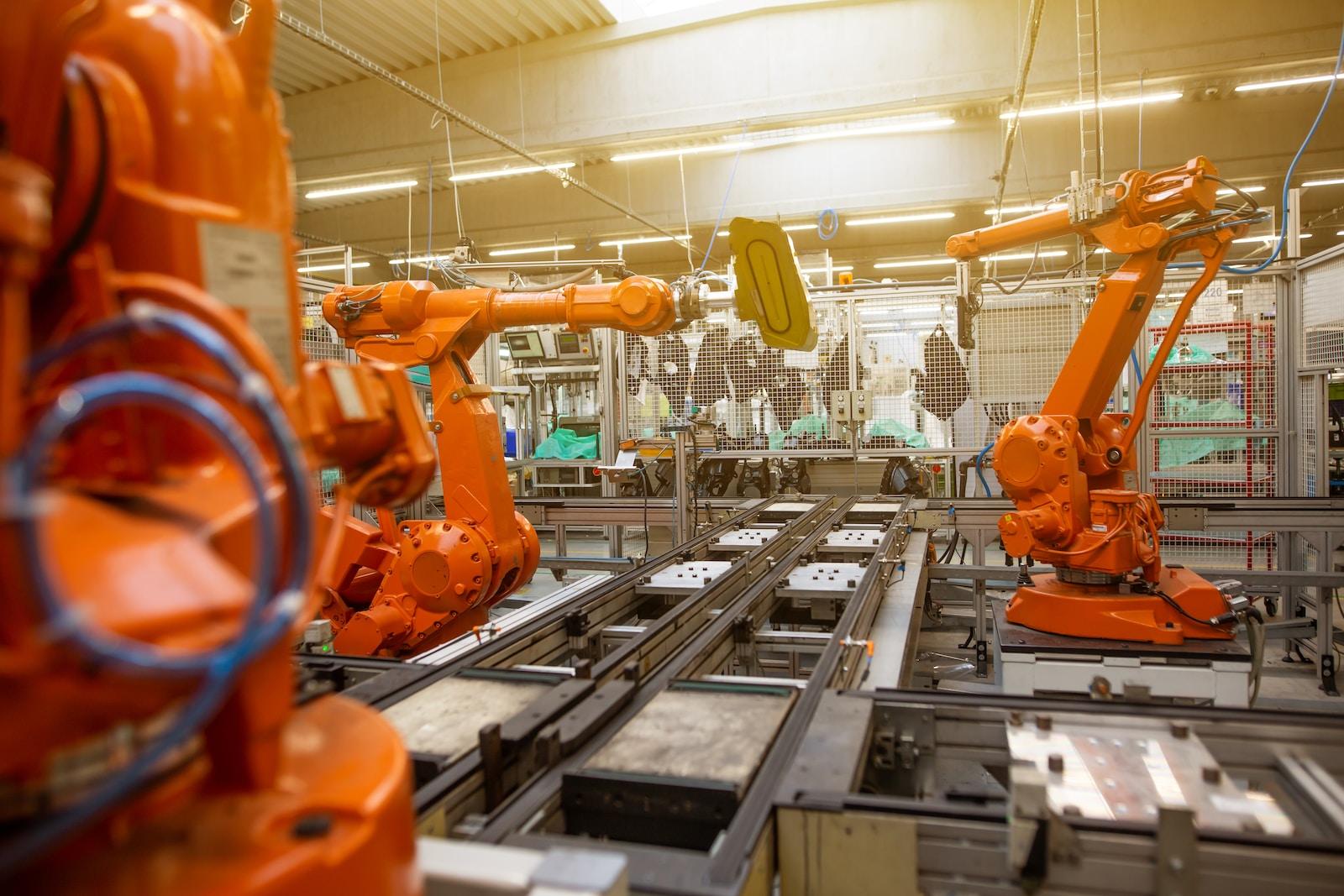Artificial Intelligence (AI) has rapidly transformed the world we live in, permeating various sectors and aspects of our daily lives. From voice assistants to smart homes and personalized recommendations, AI is revolutionizing the way we interact with technology and enhancing our overall experience. In this article, we will delve into how AI is being integrated into different facets of our everyday lives, exploring the advancements and potential impact it has on our routines, convenience, and decision-making processes.
Voice Assistants:
One of the most prominent examples of AI in everyday life is the rise of voice assistants. With the introduction of Siri, Google Assistant, Amazon Alexa, and others, AI-powered voice assistants have become an integral part of many households. These virtual assistants utilize natural language processing and machine learning algorithms to understand and respond to user commands, performing tasks such as setting reminders, answering questions, playing music, and controlling smart home devices.
Voice assistants have transformed the way we interact with our devices. Instead of typing queries or navigating through complex menus, we can simply speak our requests, making our interactions more intuitive and convenient. Voice assistants are now integrated into smartphones, smart speakers, and even automobiles, allowing users to access information and perform tasks hands-free, thereby enhancing safety and efficiency.
Smart Homes:
AI has also ushered in the era of smart homes, where various devices and systems are connected and controlled through intelligent automation. From thermostats and lighting to security systems and appliances, smart homes leverage AI to optimize energy consumption, enhance security, and provide personalized experiences.
For instance, AI-powered smart thermostats learn user preferences and patterns, automatically adjusting the temperature to create a comfortable environment while reducing energy wastage. Smart lighting systems can adjust brightness and color based on natural lighting conditions and user preferences, enhancing ambiance and energy efficiency. AI-driven security systems utilize machine learning algorithms to distinguish between normal and suspicious activities, sending alerts and taking appropriate actions to ensure the safety of occupants.
Personalized Recommendations:
In today’s digital age, personalized recommendations have become ubiquitous, thanks to AI algorithms that analyze vast amounts of user data to provide tailored suggestions. Whether it’s music streaming platforms, online marketplaces, or content streaming services, AI algorithms continuously learn from user behavior, preferences, and patterns to deliver recommendations that align with individual tastes and interests.
For example, popular music streaming platforms employ AI algorithms to analyze listening habits, genre preferences, and user-generated playlists to curate personalized music recommendations. Similarly, e-commerce platforms leverage AI to analyze browsing history, purchase patterns, and user demographics to suggest relevant products and deals. Content streaming services utilize AI to analyze viewing history and user ratings, recommending movies and TV shows that align with individual preferences.
Healthcare and Wellness:
AI is also making significant inroads in the healthcare and wellness sectors, improving diagnostics, treatment options, and patient care. Machine learning algorithms are used to analyze medical records, images, and genetic data, aiding in the early detection and diagnosis of diseases. AI-powered chatbots are being employed to provide personalized health advice and support, offering immediate responses to queries and reducing the burden on healthcare providers.
Additionally, wearable devices equipped with AI algorithms can monitor vital signs, sleep patterns, and physical activity, providing valuable insights for individuals to track and improve their overall well-being. These devices can detect anomalies and potential health risks, alerting users and healthcare professionals when intervention is necessary. The integration of AI in healthcare not only enhances accuracy and efficiency but also has the potential to save lives by enabling early detection and intervention.
Transportation and Navigation:
AI has also had a significant impact on transportation and navigation, revolutionizing the way we commute and travel. Ride-hailing services employ AI algorithms to optimize routes, estimate travel times, and match drivers with passengers efficiently. This leads to reduced congestion, shorter wait times, and enhanced convenience for commuters.
Furthermore, AI-enabled navigation systems analyze real-time traffic data, weather conditions, and historical patterns to provide accurate and efficient routes. These systems can adapt to changing conditions, rerouting drivers to avoid traffic congestion and accidents. AI-powered self-driving cars are also being developed, aiming to revolutionize the transportation industry by reducing accidents, improving fuel efficiency, and enhancing the overall travel experience.
Ethical Considerations:
While AI integration in everyday life brings numerous benefits and conveniences, it also raises ethical considerations that need to be addressed. Data privacy and security become paramount as AI systems collect and analyze vast amounts of personal information. Safeguarding user data and ensuring transparent data usage practices are crucial to maintain trust and protect individual privacy.
Moreover, there is a need for accountability and transparency in AI decision-making processes. Users should have visibility into how AI algorithms make recommendations and decisions to prevent biases or manipulation. Ethical frameworks and regulations must be established to govern AI development and deployment, ensuring fairness, non-discrimination, and accountability.
Artificial Intelligence has become an indispensable part of our everyday lives, transforming the way we interact with technology and enhancing various aspects of our routines. Voice assistants, smart homes, personalized recommendations, healthcare, transportation, and navigation are just a few areas where AI is making significant strides. However, as we embrace AI integration, it is important to address the ethical considerations associated with data privacy, security, transparency, and accountability. By doing so, we can harness the full potential of AI while ensuring a responsible and beneficial integration in our daily lives.





